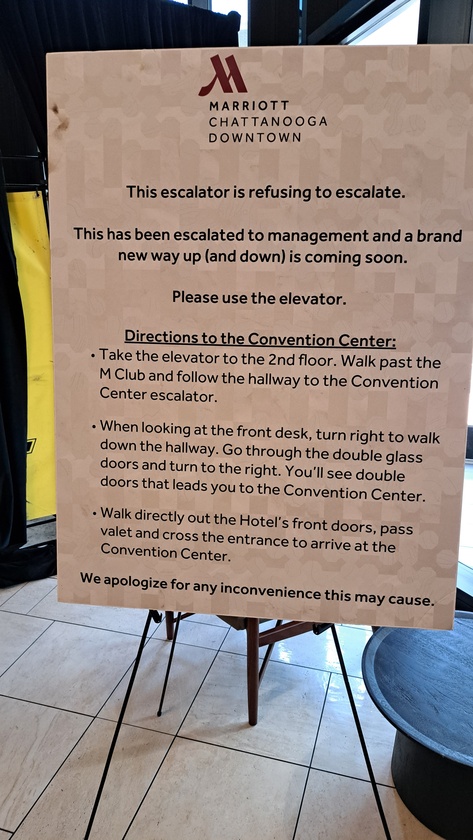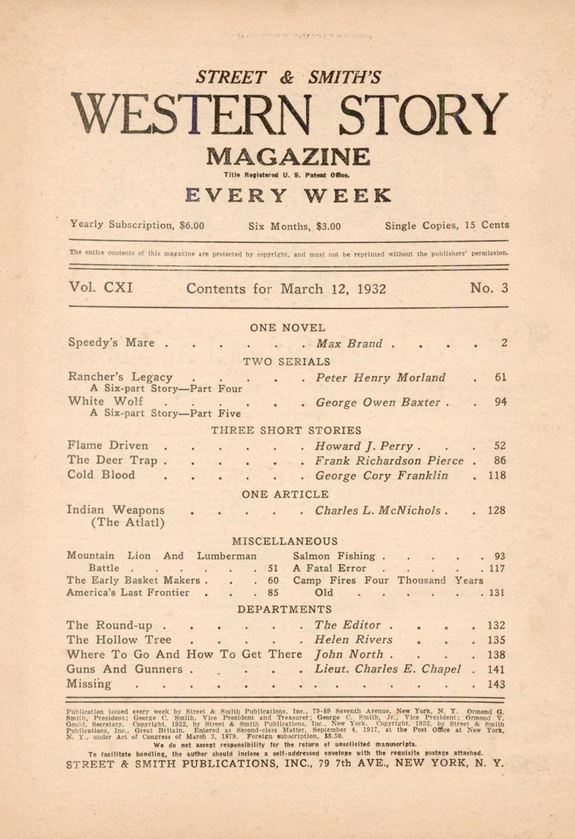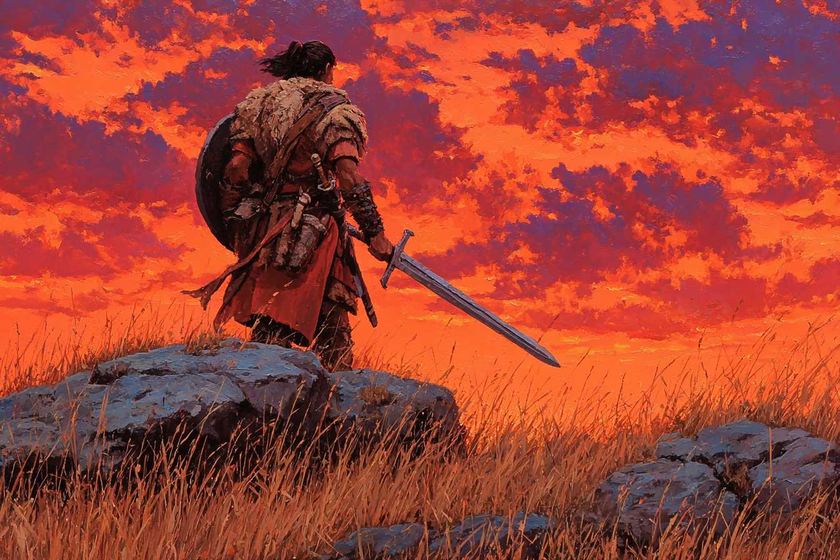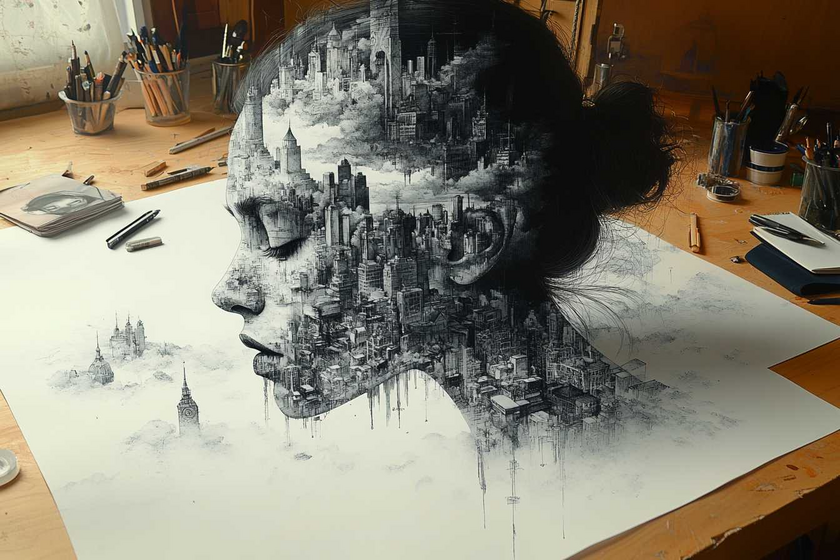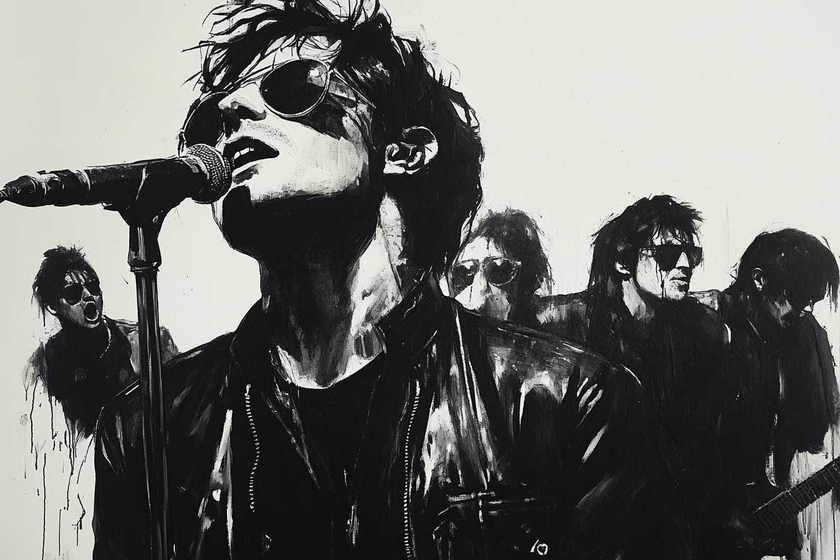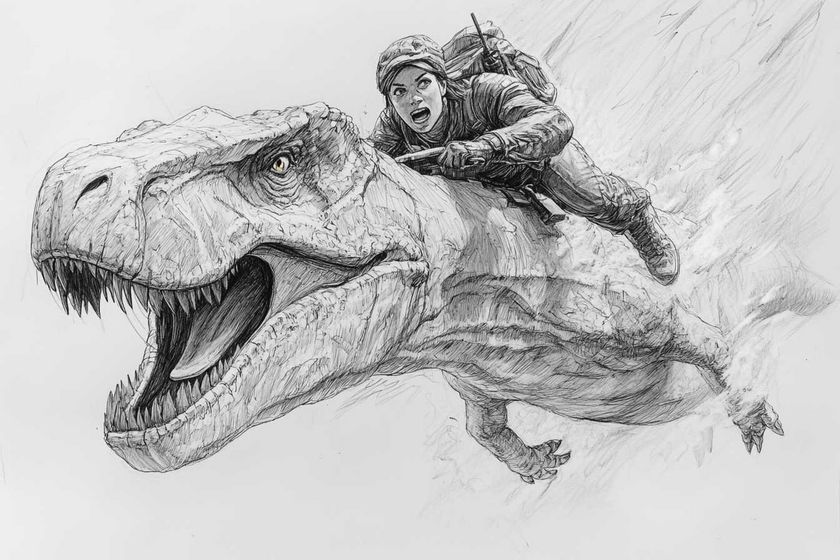
One way I blow off steam is watching people on Youtube react to movies. (Man, is the 21st Century weird, or what?) And one thing that has caused an itch at the back of my brain is that some people consider movies to be "classic" that... aren't.
Look, I understand that "classic" is what stands the test of time, and speaks to multiple generations, so there is a distinct possibility that I'm just a grumpy old man. Granted.
I further understand that, while I am a cinephile with a broader and deeper knowledge of the history of cinema than most people have, I also am blind to some things that are likely great. Akira Kurosawa (my vote for greatest filmmaker of all time) held that Andrei Tarkovsky was the greatest living director (before he died, obviously). I have bounced hard off of Tarkovsky's two science fiction films, though I have tried many times with each of them. I can see that there is serious intent there, skill and craftsmanship to kill for. But something about them eludes me, fails to draw me in. The fault in this case is all but certainly with me. (And watching cinephile video essays on his other movies does nothing to make me watch them, either.)
But I don't think that's operative in the examples I'm going to discuss here.
I felt when it came out, and still feel today, that Steven Spielberg's Jurassic Park is a mid-grade Spielberg movie. (Given his output of the last twenty years, you can argue it's maybe in the top one-third of his movies, to be fair. But just barely, if so.) There are things about it that are amazing. The special effects still hold up today, thirty-two years later. There are at least two sequences that rank at the very top of "this is what Spielberg can achieve when he really puts his mind to it".
But unlike, say, Jaws or Close Encounters of the Third Kind or Raiders of the Lost Ark, it is a seriously flawed movie. The story from the novel is not just simplified and condensed, it is dumbed down to the point of cartoonishness in spots.
Take Wayne Knight's disgruntled programmer character. If he announced "Hey, I'm the guy who's going to wreck the park for petty revenge" his course of action wouldn't have been any more obvious, and for the story to work, every single other character who meets him has to be too stupid to see that. (This is not Knight's fault; it's entirely on Spielberg and screenwriter David Koepp.)
Sam Neill's Alan Grant doesn't like kids. (A trait he did not have in the novel, but Spielberg will forever work his daddy issues into any story he can. And, honestly, it was not a terrible arc to give the character, on the face of it.) But his dislike of kids is so over the top and cartoonish that only Neill's performance keeps it from being a parody of such characters.
The scene that introduces Alan Grant as a paleontologist does this, too. There's a very Spielbergian sequence of shots of brushes uncovering fossilized bones, leading up to a grand reveal of a full velociraptor skeleton in stone, worthy of framing on a wall. (In interviews at the time of release, Spielberg said he felt it was important to include "the thrill of discovery" in the film.) Problem being that, well, it compresses down to a few cuts a process that would take weeks or months of painstaking work. Which the book showed by showcasing Grant uncovering a single fossilized bone carefully, painstakingly, and ensuring that it was preserved at each moment by meticulous care. Spielberg had the chops to do the scene as it was written in the book and make it just as wondrous as anything he has ever shot.
Instead, he dumbed it down.
All of this is not to say that the movie isn't entertaining: it is, wildly so. It has a great cast, some sequences that, again, rank with anything Spielberg has ever made. But as a piece of cinema and storytelling, it is so inferior to Jaws that there is no comparison. (For what it's worth, it is also inferior to the very next film Spielberg made, Schindler's List, and that's got nothing to do with subject matter and everything to do with execution.)
So, why do people view it as a classic? Put a pin in it, we'll get there.
Tombstone is a beloved movie, and there are many excellent reasons for that. First, and by far the foremost, is Val Kilmer's performance as Doc Holliday. It is one of the greatest screen performances, ever. If a movie can be a classic based on one performance, then everything else I have to say about it is pointless, because it qualifies.
And Tombstone has more going for it than just Kilmer. The entire cast is excellent, top to bottom; not one person phones it in, even if none of them can match Kilmer. (OK, I consider Dana Delany to be slightly miscast. But she doesn't do a bad job, at all.) It is also, and this is not even a close thing, the single most accurate-to-history film version of what happened in Tombstone with Wyatt Earp, Doc Holliday and the shoot out at the OK Corral.
That accuracy to history is, in a way, one of the things that keeps me from thinking it should rank as a classic. Because history is messy and doesn't follow the norms or structure of dramaturgy. And Tombstone the film suffers, partly, from a story structure that's lumpy and a bit of a mess. (I haven't read Kevin Jarre's screenplay, so I don't know if that's the source of the problem, or the rather excessive behind-the-scenes drama and problems were the cause, or some combination of both.) In a real sense, it's a credit to the film that the OK Corral shoot out isn't the climax, because what happened after is damned interesting. But it's also a pacing killer, and only somewhat redeemed by the portrayal of the end of Wyatt's and Doc's friendship.
The other thing about the movie that harms it, in my judgment, is the look of it. The costuming is accurate, possibly for the first time in an Earp movie. But the cinematography is... uneven, is the best way I can put it. There are some scenes that are perfectly shot. And there are others that are overlit and look like a (high end) television show rather than a film, to me. (Some of this might also be due to film stock, I'm not sure.) And the overlighting of some scenes (and possibly the film stock) make the costumes look wrong, somehow. It just doesn't look like a movie (some scenes excepted, as noted). Compare it to other westerns around that same time. Unforgiven, Dances With Wolves, and Lawrence Kasdan's Wyatt Earp all look like films. Tombstone, at times, looks like a TV drama, or a lower-budget comedy send-up.
(This is another issue that may well have been caused or exacerbated by the chaotic circumstances of the production. I can easily imagine that, with all the pressure that was brought to bear, the mentality of "let's light the hell out of this scene, shoot it, get it in the can and move the hell on" took hold, and that's totally understandable.)
So, before we go on, I just want to make sure I am absolutely clear: I like and enjoy both of these movies, and think that both have some greatness in them.
I just think that both are too flawed to be considered true classics.
So why are modern reaction channels finding them to be classic?
There are probably several factors contributing to it. First, anyone's first reaction to something is going to be different from their long-term opinion after they've let a piece of art stew in their minds for a while. Some movies improve with reflection and life experience, many go the other direction. But first reaction, well, it can be very strong, but it's not necessarily where you end up overall.
Second, most movie reactors claim that they are watching these movies for the first time (and I tend to believe them, at least the ones I follow), or else tell you if they've seen something before, and explain why they're revisiting it. Not having seen a lot of movies, particularly ones that came out in your lifetime that you know to be considered classics, or at least quite good, suggests a certain lack of film background. If you've only seen a few dozen movies, that's less of a baseline for comparison than if you've seen hundreds, or thousands.
But I think that the above, and other reasons, are not the main thing that's causing this.
The reason these films are getting to be seen as classics is that Hollywood has forgotten how to tell a cinematic story competently. The better-than-average-but-flawed films of the '90s look like classics when compared to the garbage that's been passing for "good" the past decade, or more.
A couple of years ago, I went off on The Marvels and lamented how good it should have been, given the story materials it already had. But it seems to hold for everything made by Hollywood in the past decade or more.
In the early 1990s, a routine summer release that got released to lukewarm reviews and vanished in a box office season of giants showed more craft, more care for basic storytelling, than today's quarter-billion tentpole releases.
The Rocketeer (a Disney release, no less!) hit theaters in the same summer as Terminator 2: Judgment Day and City Slickers and Robin Hood: Prince of Thieves. Those movies were blockbusters, while The Rocketeer only managed to make $46 million against a $35 million budget, meaning that it lost money (the break-even point would have been around $70 million). It got mixed reviews, some very positive, a number vaguely disappointed.
Look at it today, and it's like watching a master class in filmmaking. The Red Letter Media guys did a re:View on the movie several years ago, and Mike Stoklasa quite rightly went on at length about how absolutely solid the script is. Everything paid off is set up, everything set up is paid off, and there is basically nothing extraneous in the story. No "actor's workshop" scenes, no pointless digressions, no storytelling blind alleys. Every scene serves the story.
Is it a perfect movie? Gosh, no. Due to budgetary limitations, for a movie called The Rocketeer, there is very little rocketeering in it, for starters. (Some reviewers at the time dinged it for that, and they weren't wrong.) And while it is a perfectly competent superhero origin story, nothing about it transcends that.
But it didn't have to be.
What it is, is a solid, well-made entertainment. Wouldn't it be nice if we had those again?
Because we mostly don't. And that's why I think there is an overreaction, so to speak, to movies that are good, even with greatness in them, but which fall short of great. By the standards of what's out there, now, they're like water to a man in the desert.
